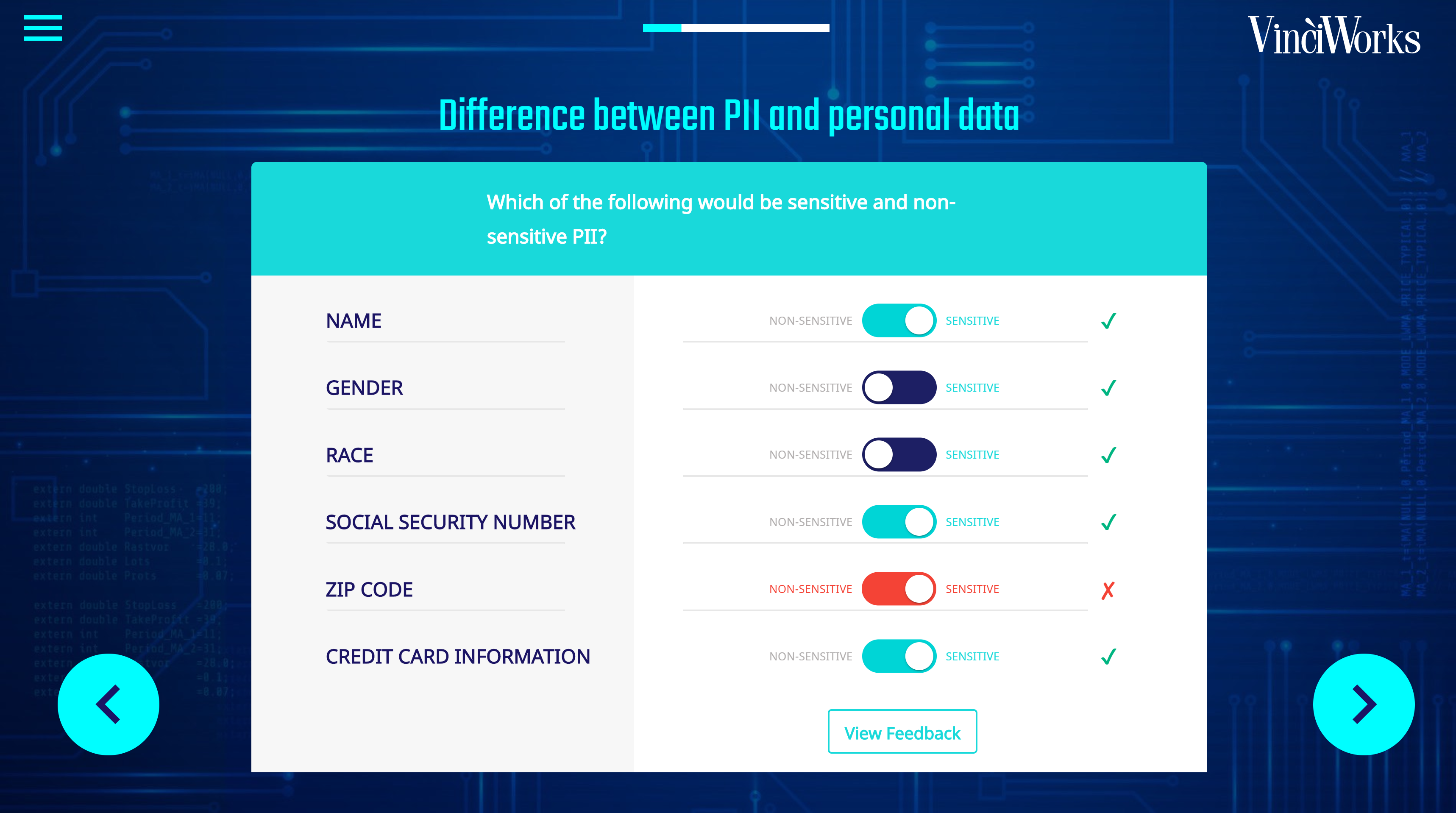Restaurant owner fined after workers exposed to asbestos fibres

An Essex based restaurant was converting the rooms above the restaurant into flats. During the conversion process, an asbestos insulation board was removed and broken up by the workers – exposing them to asbestos fibres. An asbestos survey was only carried out after the disturbance.
An investigation by the HSE found that the work was not undertaken by a licensed asbestos contractor. Also, asbestos management, refurbishment and demolition surveys were not carried out prior to the conversion.
The owner of the restaurant pleaded guilty to breaching Regulation 4(3) of the Control of Asbestos Regulations 2012 and was fined £3,000 and ordered to pay full costs of £6,293.
HSE inspector David King said: ‘Those in control of works have a responsibility to manage the risks from asbestos in non-domestic premises. To achieve this the duty holder must ensure that a suitable and sufficient assessment is carried out as to whether asbestos is or is liable to be present in the premises.’
_________________________________________________________________________________________________________
Car manufacturer fined £1 million after two employees suffer chemical burns

Two workers of a car and commercial vehicle component manufacturer were cleaning a distillation tank with a highly flammable chemical. During this process, the chemical ignited and exploded, resulting in both workers suffering severe burn injuries. One of the workers’ injuries were severe enough that he had to stay off work for over 2 months.
An investigation by the HSE found that no risk assessment had been carried out for the process of cleaning the tank with flammable chemicals. There was also no safe system of work in place.
The car component manufacturer pleaded guilty to breaching Section 2 (1) of the Health and Safety at Work etc Act 1974. The company was fined £1,000,000 and ordered to pay costs of £9,374.
HSE principal inspector Paul Thompson said: ‘Those in control of work have a responsibility to devise safe systems of work, and to provide the necessary information, instruction and training to their workers in those systems, as well as the substances they use’.
_________________________________________________________________________________________________________
Building contractor fined after wall collapses onto homeowner

A group of boys were playing on the gate of an underground car park in Leeds. One of the boys was opening and closing the gate by pushing it – the gate was pushed beyond the stopping point. As the gate did not have an end-stop, it came off the track and fell over onto the boy. This resulted in the gate trapping and fatally crushing the boy.
An investigation by the HSE found that the electric gate company failed to install an end-stop and that nobody involved in the maintenance and commissioning of the gate ever noticed the defect of the gate.
The electric gate company pleaded guilty to breaching Section 3 (1) of the Health and Safety at Work etc Act 1974 and was fined £30,000 and ordered to pay full costs of £12,411.46.
HSE inspector Julian Franklin commented: ‘This was a tragic and wholly avoidable incident, which could have been prevented by a thorough commissioning check before handing the gate over to the building occupier’.















